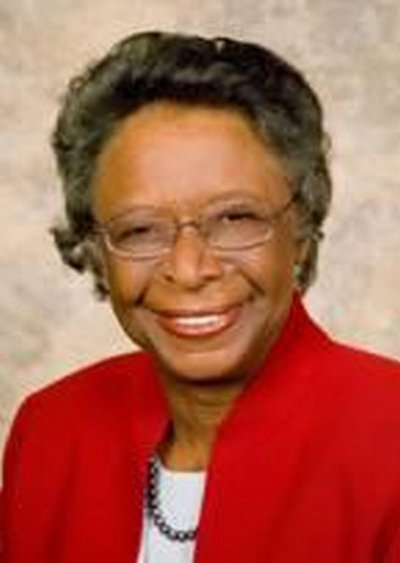March 13, 2008
Graduate, professional students celebrated
The Graduate School will kick off spring quarter with its annual Graduate and Professional Education Week March 31-April 5. The event has two purposes, according to Vice Provost and Dean of the Graduate School Suzanne Ortega.
“We want to celebrate our graduate students and their accomplishments,” Ortega said. “And we want to make sure people, both inside and outside the University, are aware of the impact of the work those students do.”
This is the third year the University has held GPE Week. Ortega brought it with her from her previous institution, the University of Missouri, and Missouri in turn was working off the model of a program created by the National Association of Graduate and Professional Students. In Washington today, it’s a statewide event.
The week begins with a lecture by Cora B. Marrett, assistant director of the Directorate for Education and Human Resources (EHR) at the National Science Foundation, at 3 p.m. Monday, March 31, in the Walker Ames Room, Kane. The lecture, part of the Mary Ann and John Mangels Endowed Lecture series, is titled Expanding the Domestic Talent Pool: Sociology, Science, Engineering, and Everything in Between.
Marrett leads the NSF’s efforts to get more U.S. citizens engaged in science and math education — and is especially interested in increasing the numbers of students of color. She oversees a budget of approximately $825 million and a staff of 150. Among the ways EHR supports graduate education is by giving about 900 $30,000 four-year fellowships for doctoral students. Ortega said about 80 UW graduate students hold these fellowships now. EHR also runs a K-12 training grant program that pairs graduate students with K-12 science and math teachers.
On Wednesday, April 2, there will be a career symposium in the HUB for grad students and postdocs. The event begins at 3:30 p.m. with an employer panel on the internationalization of graduate careers in 106B. The panel, Ortega said, recognizes the important role of international students in the U.S., the increasing numbers of graduate students who will work as part of international teams and the growing emphasis on graduate education by other countries.
Beginning at 5:10 p.m., participants can choose among three concurrent alumni career panels: corporate and small business panel in 309, nonprofit and government panel in 106B and consulting and self-employment panel in 310. The panels will be followed by a networking reception beginning at 6 p.m. in 108.
More information about the career symposium can be found here. The Graduate School asks that people register for the reception on the Web site.
The week culminates with the Graduate Student Research Symposium from 3 to 7 p.m. Friday, April 4, in the Ethnic Cultural Center. About 50 graduate students will be participating. And there will also be a showcase of Native American research and scholarship on Saturday, April 5, in the same place, time to be announced.
Ortega said feedback on GPE Week from both the graduate students and alumni has been positive. “The alumni who have participated in earlier years have come back,” she said. “They really enjoy doing this kind of informal mentoring for the graduate students.”
All events in GPE Week are free, and only the networking session requires registration.

